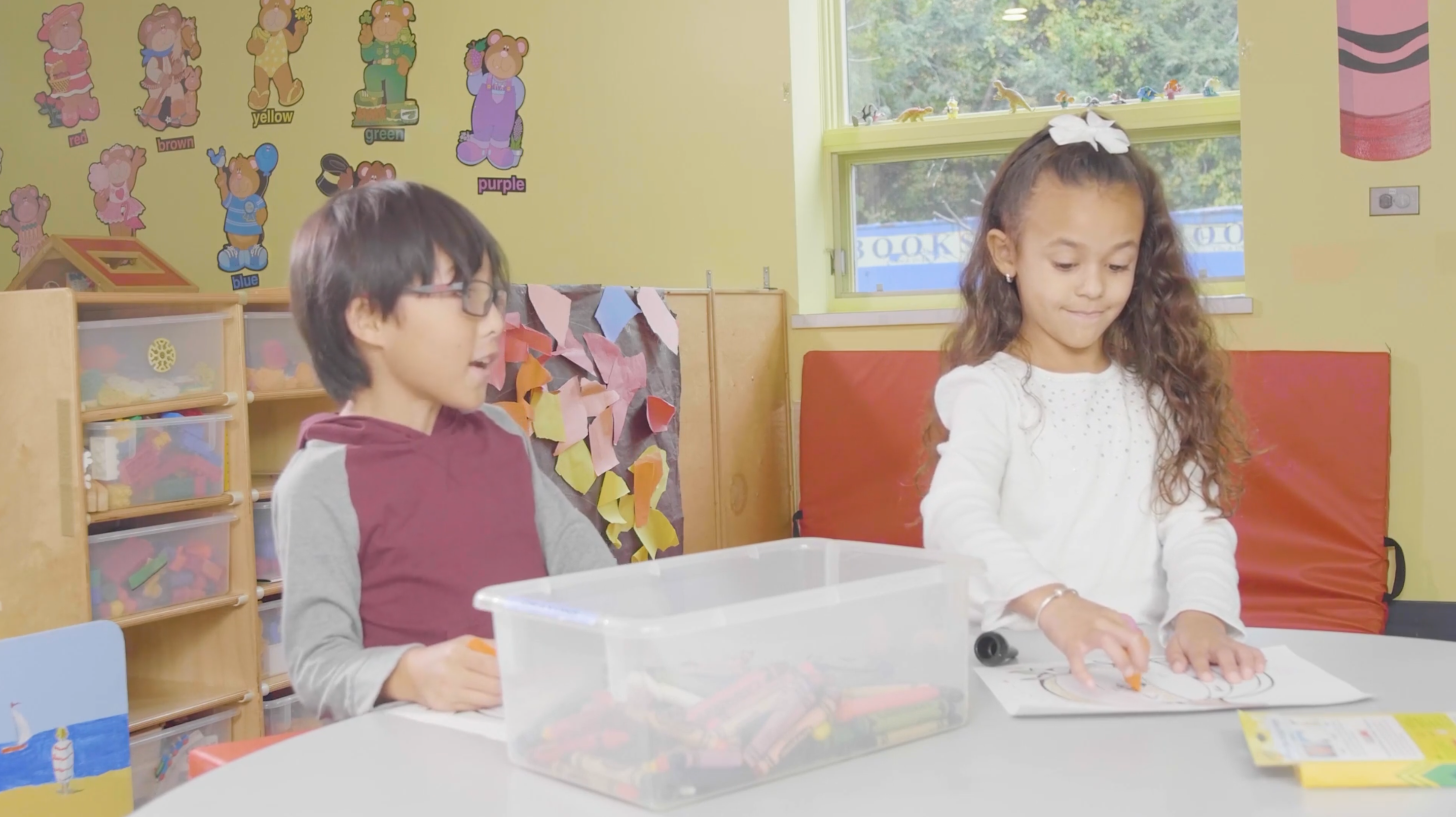Introduction
Teaching students to answer friends is an important aspect of social-emotional learning, especially in special education. Responding to friends not only helps students build positive relationships, but also fosters empathy, understanding, and respect. In this blog post, we will discuss a no-prep activity that educators can use to teach students the importance of answering friends, as well as some discussion questions and related skills to further develop their social-emotional abilities.
No-Prep Activity: Role-Playing Scenarios
This activity requires no preparation or materials and can be easily implemented in the classroom. The educator can create various scenarios where students have to respond to each other, such as:
- One student greets another and asks how they are feeling.
- A student shares a piece of news or an interesting fact with another student.
- Two students have a conversation about their favorite hobbies or activities.
During the role-playing scenarios, encourage students to listen actively and respond appropriately to their peers. After each scenario, the educator can provide feedback and discuss ways to improve the students’ responses. This activity not only helps students practice answering friends but also enhances their communication skills and social awareness.
Discussion Questions
- Why is it important to answer friends when they talk to us?
- How does not answering a friend affect the relationship?
- What are some ways we can show we are listening when a friend is talking to us?
- How can we improve our responses to friends in conversations?
- What are some challenges students may face when trying to answer friends, and how can we support them?
Related Skills
Besides answering friends, there are other related skills that contribute to students’ social-emotional development. These include:
- Active listening: Paying attention to the speaker, making eye contact, and nodding to show understanding.
- Empathy: Understanding and sharing the feelings of others, which helps in forming strong relationships.
- Respect: Showing consideration for others’ feelings, opinions, and experiences.
- Communication: Expressing thoughts and feelings clearly and effectively.
- Social awareness: Recognizing and understanding the emotions and perspectives of others in various social situations.
Next Steps
Teaching students to answer friends is a valuable skill that promotes social-emotional learning and helps students form strong relationships with their peers. To further support your students in developing this and other essential social skills, we encourage you to sign up for free sample materials from Everyday Speech. These resources can aid in creating a more inclusive and supportive learning environment for students in special education.






